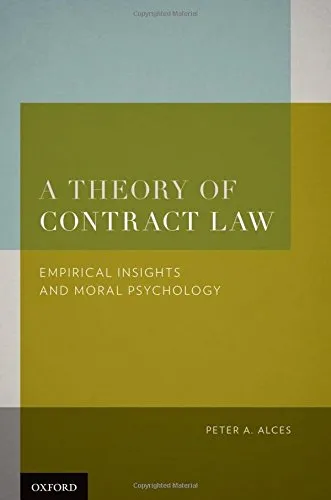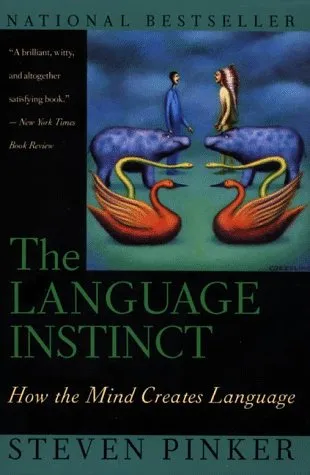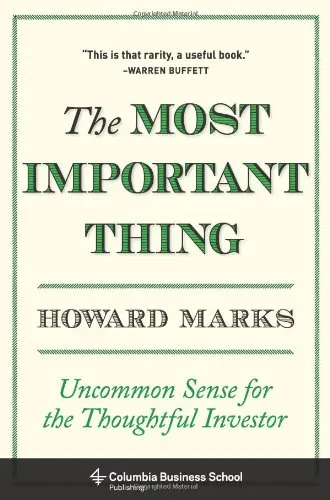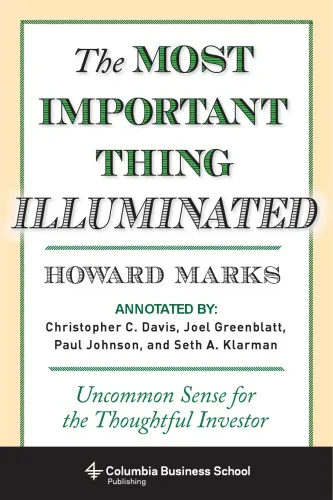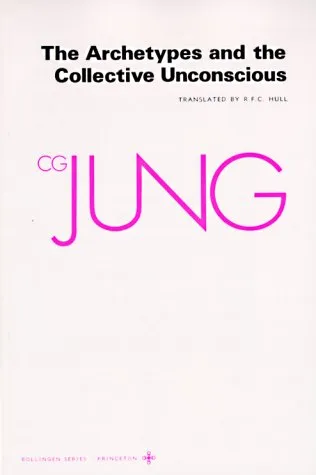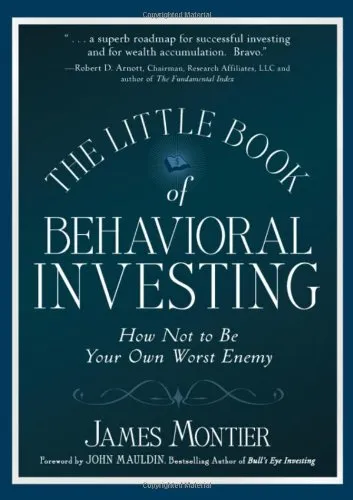A Theory of Contract Law: Empirical Insights and Moral Psychology
4.0
Reviews from our users

You Can Ask your questions from this book's AI after Login
Each download or ask from book AI costs 2 points. To earn more free points, please visit the Points Guide Page and complete some valuable actions.Related Refrences:
Introduction to "A Theory of Contract Law: Empirical Insights and Moral Psychology"
"A Theory of Contract Law: Empirical Insights and Moral Psychology" presents a groundbreaking exploration of the foundations and practical implications of contract law through an interdisciplinary lens. This book, written by legal scholar Peter A. Alces, delves into how insights drawn from empirical research, behavioral economics, and moral psychology can redefine the principles that guide contracts and their enforcement in modern societies.
Alces challenges traditional perspectives on contract law and emphasizes the importance of understanding human behavior. By combining historical analysis with cutting-edge empirical studies, the book provides a comprehensive framework for rethinking contract law in both theory and practice. It captures a nuanced understanding of the social, moral, and cognitive forces that shape contractual relationships, making it an essential read for legal scholars, practitioners, psychologists, and students who seek to navigate this dynamic field.
Summary of the Book
"A Theory of Contract Law" is structured around the idea that traditional contract doctrines often miss the complex realities of human behavior. The book examines how people interpret, negotiate, and adhere to contractual obligations, shedding light on the ways in which moral intuition, social conditioning, and psychological biases influence decision-making.
Key themes of the book include the psychological motivations behind creating and fulfilling agreements, the limitations of purely economic models of contract law, and the role of fairness and trust in contract enforcement. Alces supports his arguments by analyzing case studies, empirical data, and philosophical theories, offering readers a holistic view of how law intersects with human character and societal norms.
One of the book's major contributions is its critique of existing legal paradigms that prioritize efficiency and predictability over moral considerations. Alces argues instead for a theory of contract law grounded in empathy, ethics, and a realistic understanding of human behavior. In doing so, he bridges the gap between legal theory and the evolving fields of moral psychology and behavioral science.
Key Takeaways
- Contract law cannot be understood solely as a system of rules; it is deeply influenced by human psychology and moral intuition.
- Empirical research demonstrates that fairness and trust play critical roles in contractual relationships, often outweighing concerns of efficiency or profit.
- Traditional legal theories tend to oversimplify human behavior, ignoring complex motivations such as cognitive biases and ethical considerations.
- Reforming contract law requires a more nuanced appreciation of how individuals and groups behave in real-world contexts.
- A sustainable legal framework for contracts must balance practical enforceability with moral legitimacy.
Famous Quotes from the Book
"The essence of contract is moral imagination, the belief that promises should be kept not because they are enforceable but because they are right."
"Empirical insights reveal that the heart of contract law lies not in economic cost-benefit analyses, but in the trust and fairness we consciously, or subconsciously, attach to agreements."
"The law must adapt to the realities of human psychology, not force human behavior into an unrealistic mold of legal abstraction."
Why This Book Matters
In a world where contractual relationships are becoming increasingly complex and integral to social and economic functioning, "A Theory of Contract Law" offers timely insights into the moral and psychological underpinnings of these relationships.
This book matters because it challenges the rigidity of legal formalism and ushers in a more flexible, human-centered approach to understanding contract law. By introducing interdisciplinary perspectives, Peter A. Alces enhances our ability to craft legal systems that both reflect and guide human behavior in ethical and constructive ways.
It is not merely a book for legal theorists; it is a call to reform how contracts are understood, drafted, and enforced to align with the realities of human nature. As automation and globalization increase the complexity of contracts, Alces's insights become even more critical to navigating the moral and psychological dimensions of these agreements.
If you're looking to deepen your understanding of contract law or expand your perspective on the subtle interplay between law and human psychology, this book is an essential addition to your library.
Free Direct Download
You Can Download this book after Login
Accessing books through legal platforms and public libraries not only supports the rights of authors and publishers but also contributes to the sustainability of reading culture. Before downloading, please take a moment to consider these options.
Find this book on other platforms:
WorldCat helps you find books in libraries worldwide.
See ratings, reviews, and discussions on Goodreads.
Find and buy rare or used books on AbeBooks.
1296
بازدید4.0
امتیاز0
نظر98%
رضایتReviews:
4.0
Based on 0 users review
Questions & Answers
Ask questions about this book or help others by answering
No questions yet. Be the first to ask!
